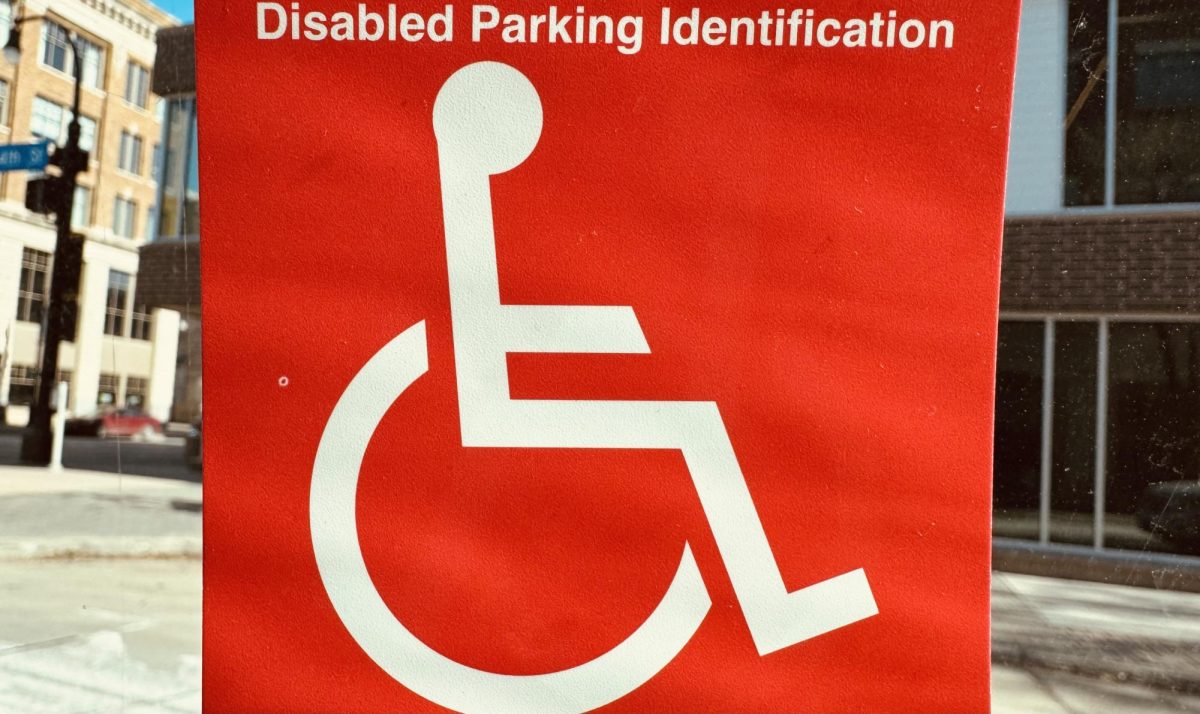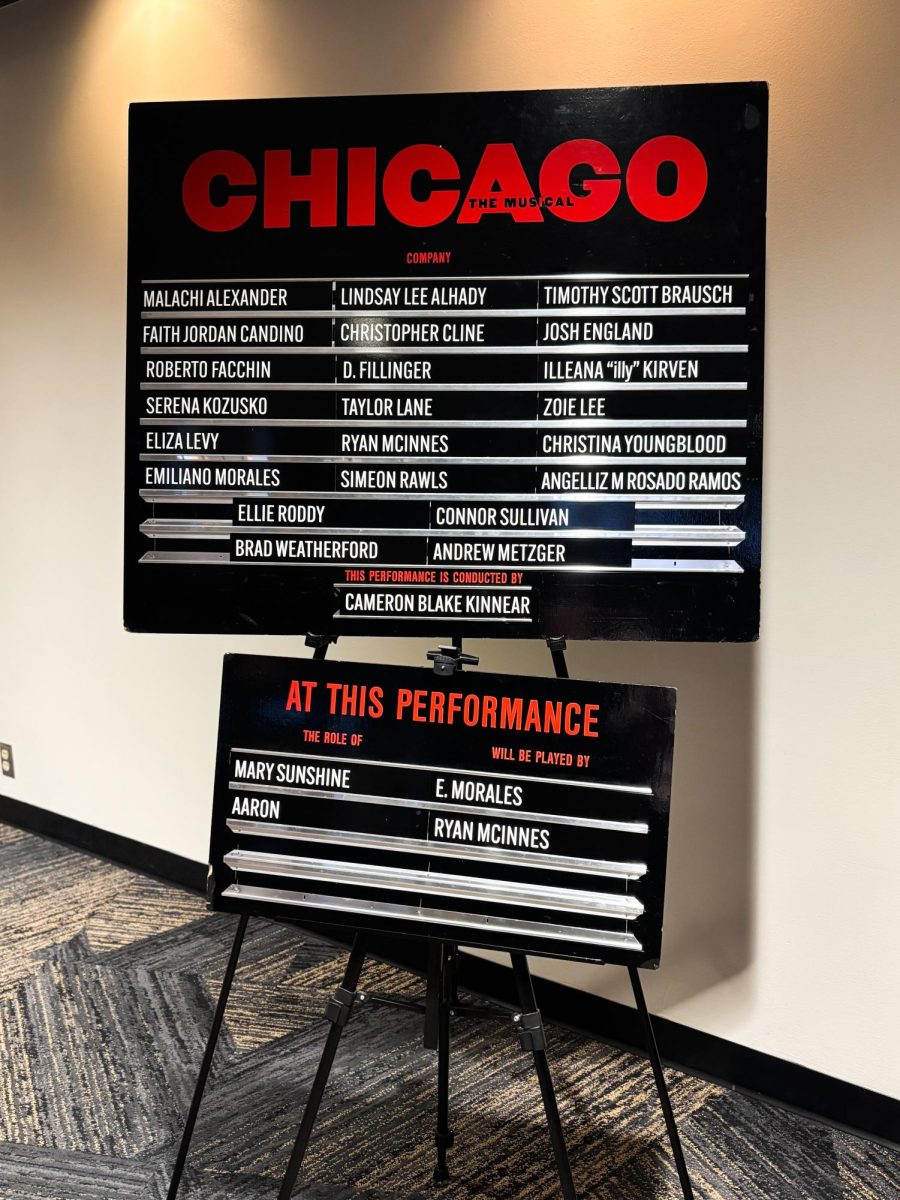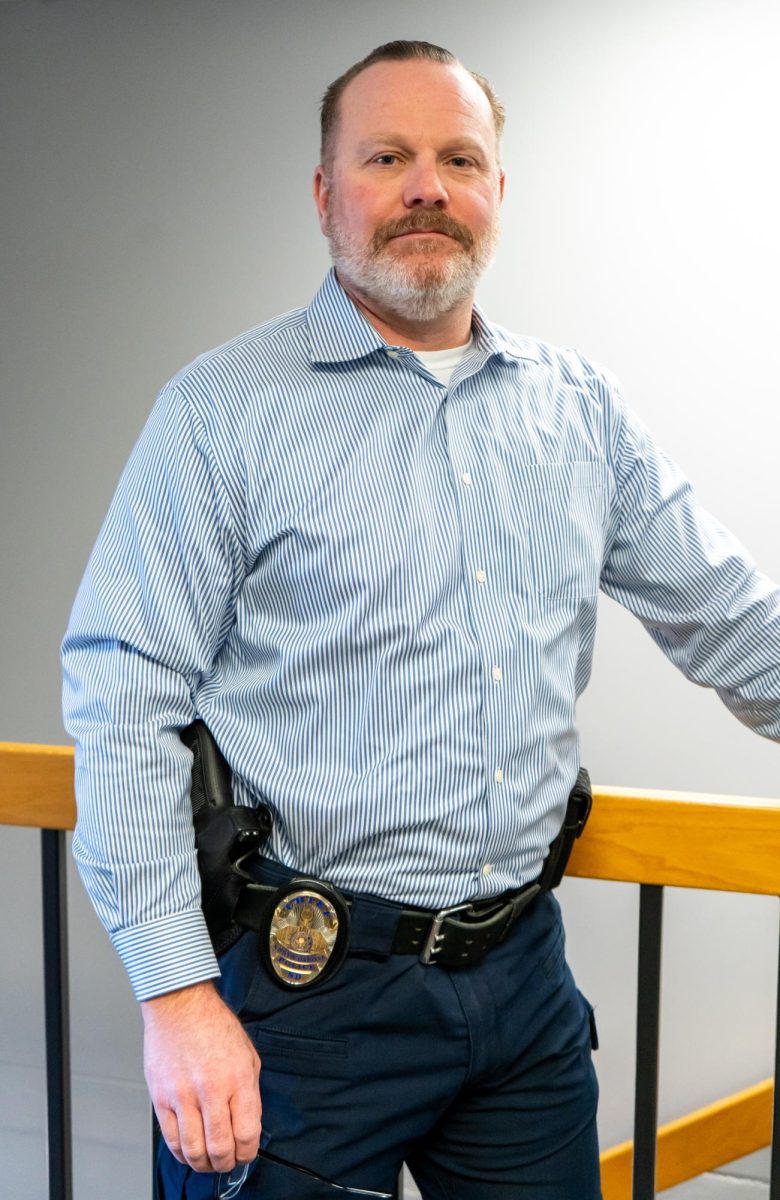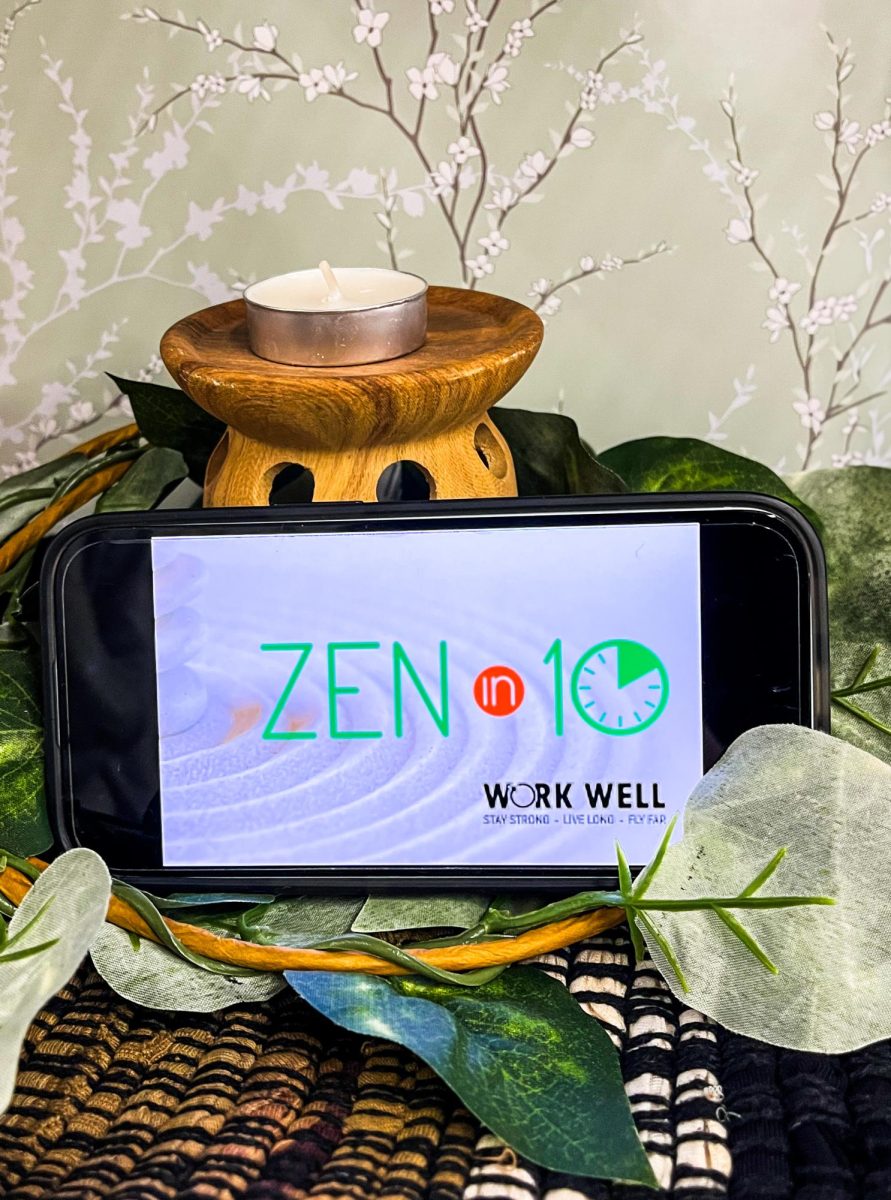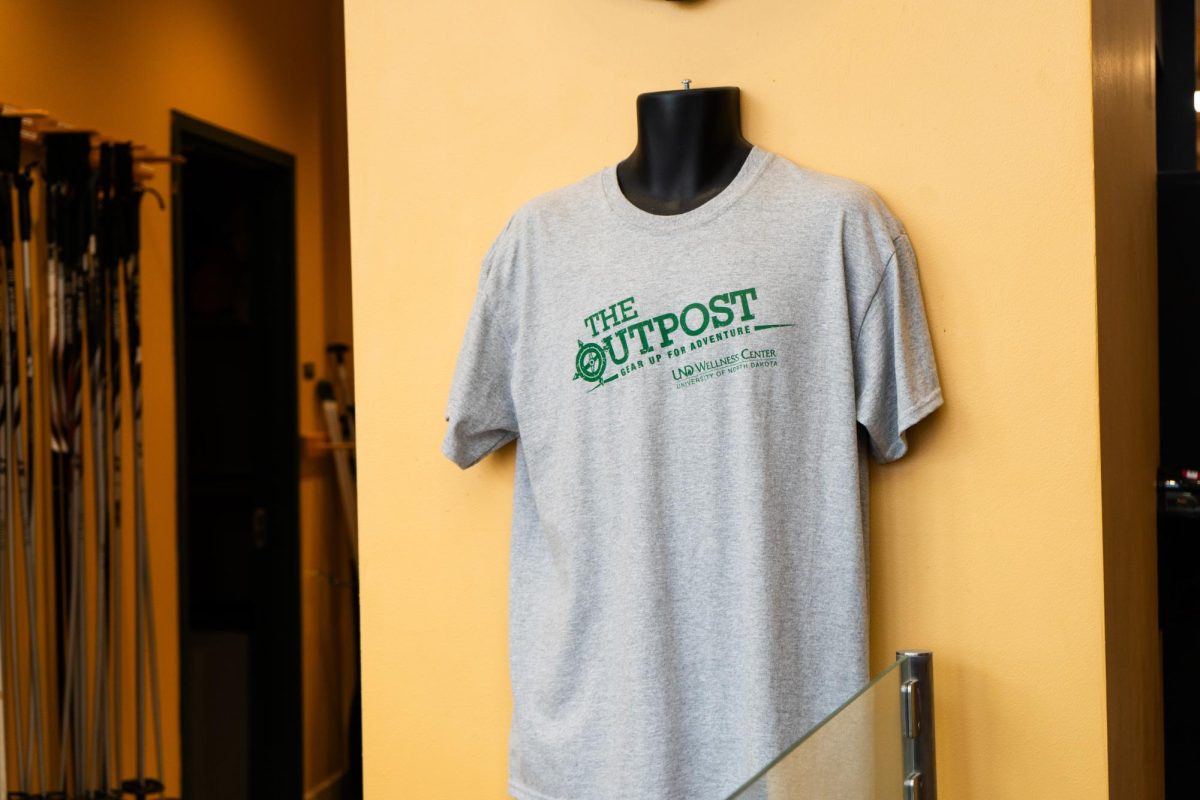This past Monday, the University of North Dakota hosted Dr. Alan Bruce as a guest speaker for the first ever Disability Awareness Day at the University. Dr. Bruce has years of experience working within the realm of advocating for disabled individuals and is currently the CEO of Universal Learning Systems Ireland.
At the heart of the debate surrounding the rights of disabled individuals, Dr. Bruce homed in on the fact that despite progress that has been made, as a society we still have a long way to go. Dr. Bruce put a particular emphasis on the fact that this is a global issue, not just a domestic one.
Dr. Bruce’s presentation can be categorized into three differing segments, the origins surrounding the stigma behind those with disabilities, the challenges that these people face, and what we can do moving forward to ensure that their rights are protected.
According to Dr. Bruce, people living with disabilities have been treated as second-class citizens within their communities for years, with cycles of abuse dating back to the 18th century. Spanning from neglect, institutionalized isolation, medicalized control, and abuse, society has failed to acknowledge the needs of individuals living with disabilities for years. The reason that we should care about the degradation of the rights of disabled individuals is because disability does not discriminate; it can happen to anyone at any time, regardless of their race, gender, or sexual preferences. Addressing these issues pertaining to the treatment of disabled individuals is more important than ever and needs to be at the forefront of social justice discussions moving forward.
During his presentation, Dr. Bruce referenced a quote from Louis Braille, which he believed represented the essence of the disabled rights movement in which Braille stated, “we must be treated as equals, and communication is the way can bring this about.” The main point that Braille is trying to make is that we must first acknowledge the inequalities within our society and have the difficult conversations surrounding them, prior to facilitating change.
This transitions us over into the second segment of Dr. Bruce’s presentation in which he dives into statistics and the realities that people living with disabilities are not offered equal opportunities in today’s society. It has been proven that people living with a disability are twice as likely to be unemployed, twice as likely to be living in poverty, and less likely to pursue a higher education than their able-bodied counterparts even if they are mentally capable to do so. The main contributor to this issue, according to Dr. Bruce, is there being a lack of professionals within the industry that specialize in the rehabilitation of these individuals in need.
This led us to the final portion of Dr. Bruce’s insightful discussion regarding the needs of people living with disabilities and how we can help. Dr. Bruce took the time to discuss what social justice is and how it plays a role in the disability awareness movement. Illustrating the fact that it is our role to communicate to policy makers the current disparities within our society and advocate for the assertion of the rights for disabled people. A great way towards approaching this mindset in the words of Dr. Bruce is to go from “respecting difference, to engaging with it.” The reason being, doing nothing in the face of injustice makes you part of the problem, and the consequent result is a relentless cycle of exclusion and abuse.
Ending on a lighter note, Dr. Bruce did acknowledge that despite the disparity of the current situation pertaining to the rights of disabled individuals, the future is bright, and there has never been a better time to act upon the calls for social justice than now. I had the opportunity to speak with him following his presentation and ask him how we as students can do a better job at helping disabled individuals within our own community. Dr. Bruce’s advice was to get involved as much as possible, even if all you manage is to positively impact just one individual living with a disability. By doing so, you are playing a small role in breaking the stigma surrounding disabilities and facilitating the movement towards equity and equality by humanizing the experience of these extraordinary individuals.
To conclude an impactful afternoon that covered the harsh realities of living in today’s world with disabilities, I would like to leave you with the same challenge that Dr. Bruce left us at the end of his presentation. Are you going fight for the world that “can be” or settle for what “it is?” For the sake of us all, I hope you choose to fight, and advocate for positive change.
Daniel Silva is a Dakota Student General Reporter. He can be reached at daniel.silva@und.edu.


